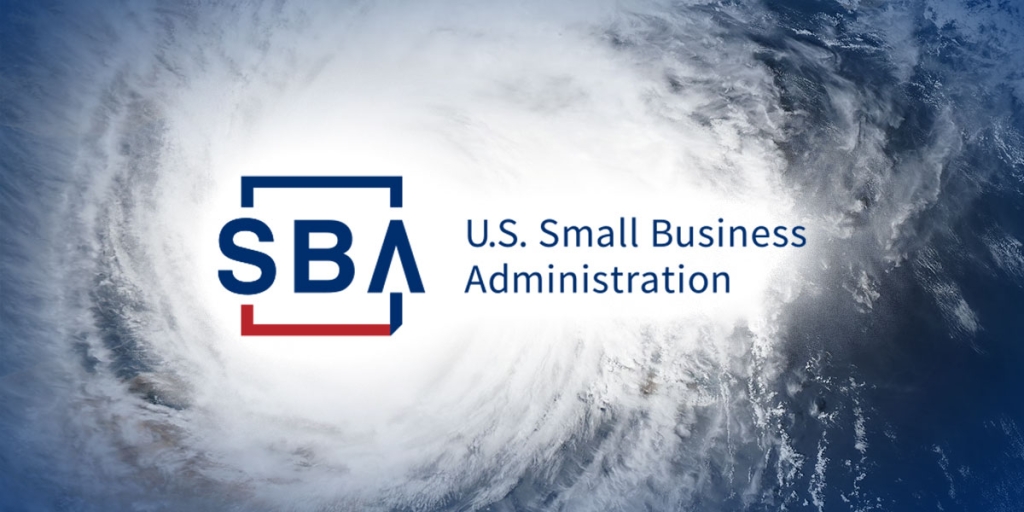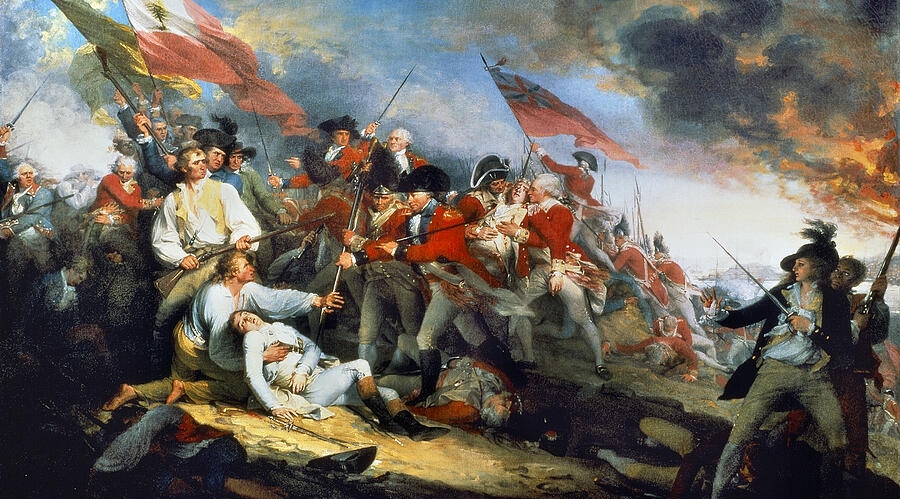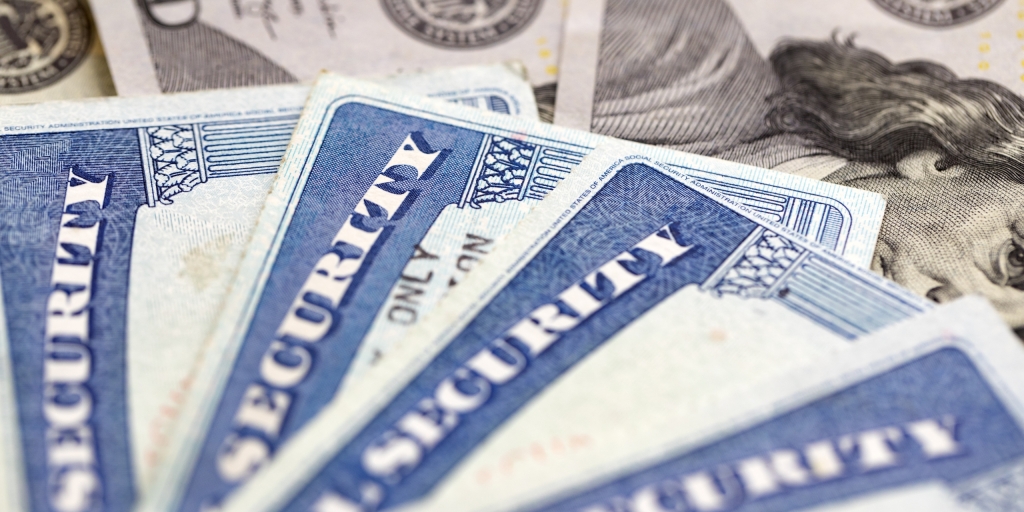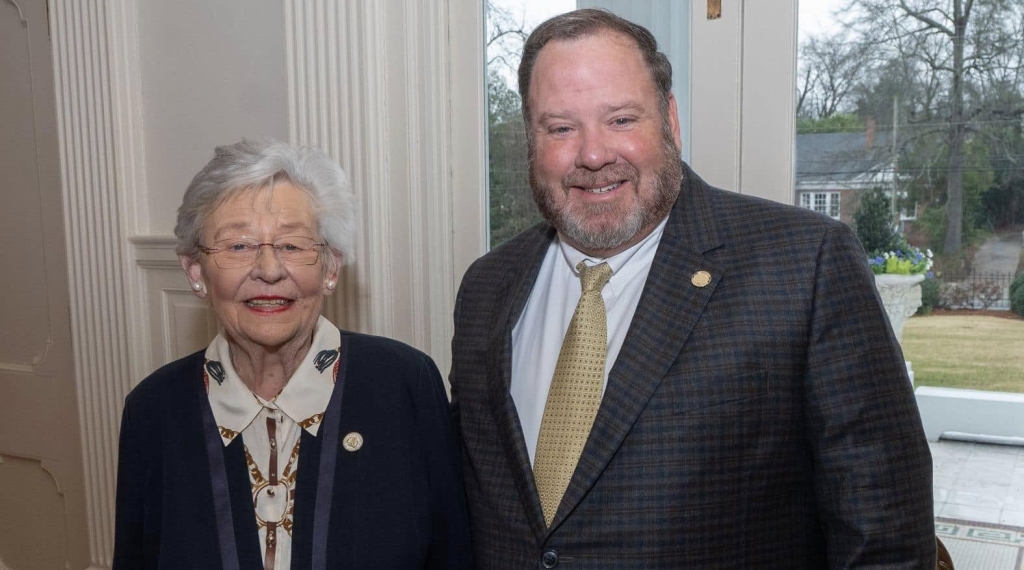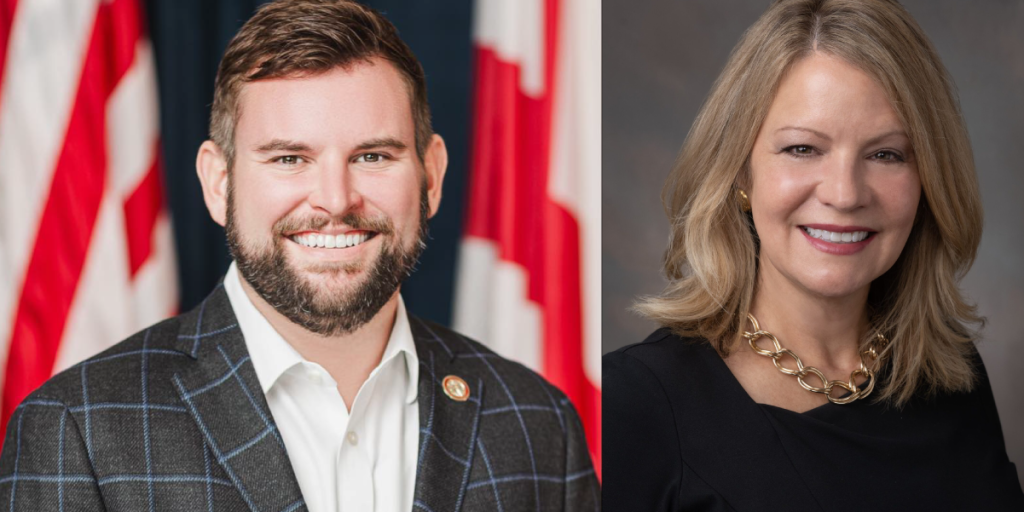If you are a football fan, you’ll know this frustration. Your team faces third and one. Instead of handing off, the quarterback throws a pass that falls incomplete and the punt team comes on. You scream, “Just run the ball and get the first down!” Game theory suggests that your anger may be misplaced.
Often in life, our decision will depend on actions by others. Most games we play for fun fit this bill, like chess, checkers, and monopoly. Business also offers these interactions. For example, automakers consider rivals’ plans when deciding which new models of cars to develop. Decisions like which side of the road to drive on also exhibit this strategic element.
Economists, mathematicians, and other scientists use game theory to analyze strategic social situations. While interactions between firms, members of a group, or nations are not games per se, we borrow the term from of games of strategy. Game theorists typically analyze pretty simple games to allow us to think through all the complications.
One question economists have studied is how calculating persons will play games. Pondering strategic considerations can appear overwhelming, as Vizzini and Westley’s discussion of which chalice contains the poison in The Princess Bride illustrates. We impose structure to avoid a muddle.
Game theorists have won numerous Nobel prizes in economics. John Nash, profiled in the 2001 movie A Beautiful Mind, shared the 1994 prize for helping deduce how people will play games against rational players. Nash’s idea was that players will adjust until one would want to change their action even if they knew the actions other players were taking.
Football illustrates a challenge for this adjustment. Let’s simplify the offense to a run and a pass and let the defense defend either the run or the pass. If the two teams are comparable in talent, the defense should be able to stop the play they are trying to defend but be vulnerable to the other play. Seemingly the teams here won’t be able to adjust their actions to each other: if the offense runs, the defense will defend the run, making the offense pass, and the defense then defend the pass, and so on.
Professor Nash surmounted this problem by viewing each player’s choice in probability terms. We could describe an offensive strategy as a 60 to 40 percent balance in favor of passing. And the defense might blitz on a given percentage of plays. Thinking of strategies in probabilistic terms, or what are called mixed strategies, allows mutual adjustment. If the offense passes say 20 percent of the time on third and short, the defense can’t sell out to stop the run.
Thinking about strategic choices as probabilities reinforces and challenges our intuition. One the one hand, we readily recognize the danger of being too predictable. Yet running on every third and short makes a team too predictable. So don’t criticize that pass on third and short.
Even when varying our choices, we can still be predictable. If a team alternates run then pass on third and one, opponents can guess what is coming. Flipping a coin on the sideline to decide run or pass could make sense.
Most of us will never coach a football team, but mixed strategies can help in business. For example, a branch manager did not necessarily make a mistake by choosing a weak option. It may be part of a mixed strategy yielding better performance over the long run.
Game theory is also applied to international relations. Still, I find it troubling to think of the President, with access to nuclear weapons, acting unpredictably just for strategic advantage. If unpredictability is truly valuable, President Trump should be ready to accomplish some strokes of diplomatic genius.
It is difficult for fans to validly criticize a coach’s play calls. After all, a brilliant play call can blow up due to poor execution. And that third and one pass could constitute an optimal mixing of plays. My advice is to just sit back and enjoy the season!
Daniel Sutter is the Charles G. Koch Professor of Economics with the Manuel H. Johnson Center for Political Economy at Troy University and host of Econversations on TrojanVision. The opinions expressed in this column are the author’s and do not necessarily reflect the views of Troy University.





